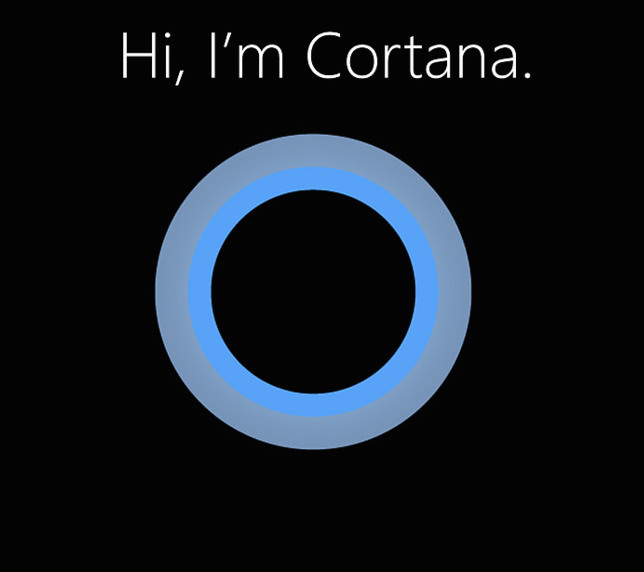Like this article? rabble is reader-supported journalism. Chip in to keep stories like these coming.
Last week was a great time to be a bot. Everybody was talking about you, especially Microsoft.
What’s a bot? It’s an artificially intelligent assistant that can be added to chat software. The bot acts as a smart participant in a conversation you’re having with friends. Or you can have a private chat just with the bot. And, bots can have their own tête-à-tête with other specialized bots on your behalf.
Facebook is introducing a bot that is a half-software/half-human assistant called M. M allows you to order food, get customer assistance or check restaurants, all without leaving your message stream. When needed, a member of the M team of human assistants takes care of a task for you. It’s much like the Primer in Neal Stevenson’s sci-fi novel The Diamond Age.
And, on the Amazon Echo, a digital assistant named Alexa is gaining more and more functionality as it taps into the bots of other applications that can control your home or order food.
But, for me, the Microsoft bots are the most fascinating. Last week, at Microsoft’s BUILD developers’ conference, those bots took centre stage. In one demo, Cortana, Microsoft’s personal digital assistant, participated in a conversation between two Microsoft employees.
It noticed a mention of an upcoming conference, and, unbidden, added a link that opened an onscreen card about the conference. It later allowed the demonstrator to book a Westin hotel in the conference’s host city. It did that by having a private chat with a Westin hotel bot to which the Cortana bot passed relevant information about the demonstrator and the conference. A few seconds later, it reported that a room was available and offered accommodation options.
There are two things that are fascinating here. First, the bot is capable of natural language understanding and expression and can contextualize what it understands by tapping into all the data Microsoft has collected or had access to.
Second, the Cortana bot can communicate with other bots that software developers can create. So, potentially, the Cortana bot could work with a network of bots to book not just hotels, but travel, restaurants, Uber, deliveries, etc. And, it could undertake those exchanges autonomously on your behalf.
Back in 1987, Apple released a video called “The Knowledge Navigator,” which simulated exactly this kind of autonomous bot handshaking. So, it’s curious that Microsoft seems to have gotten there first. Partly that’s because in order to have the bots work well, the other bots would have to have access to a lot of your personal information, as would Cortana. Apple is pretty cautious about what personal data it shares, which is one reason why Siri is more limited than personal digital assistants from Google and Microsoft. And, of course, anyone using bots would need to knowingly trade that personal information for the convenience bots offer.
Unfortunately for Microsoft, one of the most convenient places to use bots would be on smartphones, and Redmond has had almost zero traction with Windows phones.
The bots also interest me for what they suggest for the future. Facebook, Microsoft and Google all see messaging apps like Messenger and Skype as the new applications platform. You might even consider chat as a software platform with bots and software plug-ins just another part of an ongoing conversation with friends and AI assistants.
Now add in the “anywhere in your house” voice recognition that makes Amazon’s Echo so popular and then combine it with the enhanced Google Now voice Google introduced last week and with the hearables I’ve discussed in an earlier column. You can easily imagine an operating system entirely built on voice and bots alone. If that happens, we need to talk.
Listen to an audio version of this column, read by the author.
Wayne MacPhail has been a print and online journalist for 25 years, and is a long-time writer for rabble.ca on technology and the Internet.
Image: brar_j/flickr
Like this article? rabble is reader-supported journalism. Chip in to keep stories like these coming.




